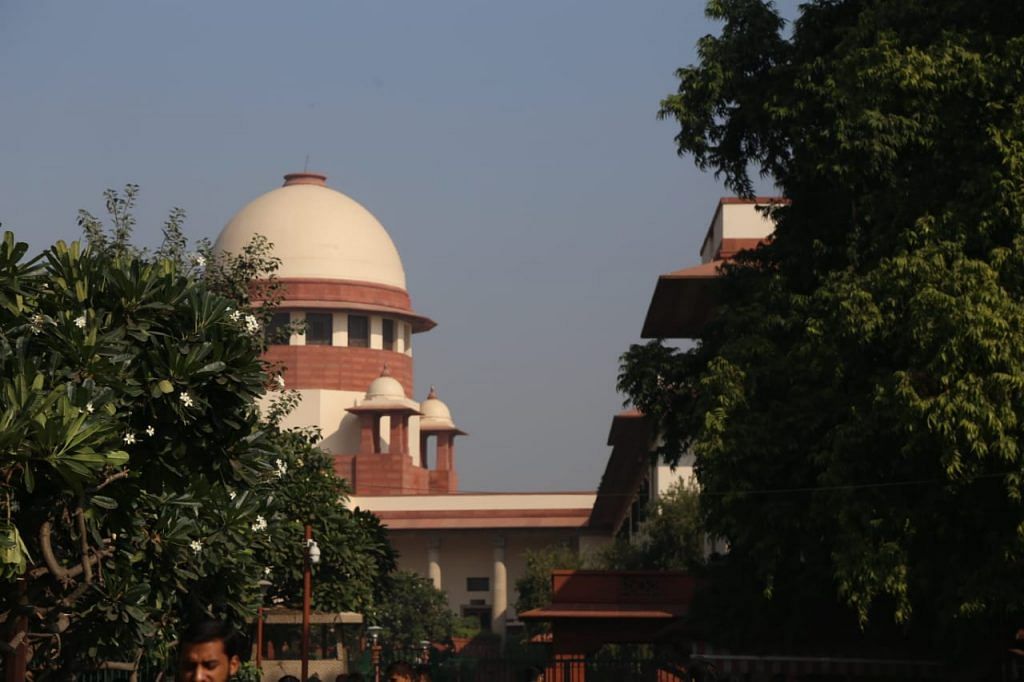New Delhi: On Monday, a Supreme Court bench headed by Chief Justice of India S.A. Bobde decided to set up a two-judge committee comprising Justice R. Subhash Reddy and Justice M.R. Shah to work with high courts to expedite all pending and future rape trials in the country.
While the move has been hailed by many, there aren’t enough judges in subordinate courts who can be tasked to deliver. Citing paucity of judges and funds, many state governments have already informed the central government about their inability to set up special fast-track courts to deal with crime against women and children.
According to the latest available data accessed by ThePrint, as many as 6,224 of the total 23,566 sanctioned posts — or 26 per cent — are vacant in India’s subordinate judiciary.
Also read: 7 years after 16 December gang rape case, rape conviction rate low at 32%
How the states fare
Bihar tops the list with just 361 judges manning its lower courts against a sanctioned strength of 1,847, meaning 80 per cent of posts lie vacant.
Madhya Pradesh, which had the highest number of rape cases in 2017 according to the National Crime Records Bureau (NCRB), has about 516 vacancies against a sanctioned strength of 2,021 posts — about 25 per cent.
Madhya Pradesh, which, as per the report of the National Crime Records Bureau (NCRB) for 2017, had the highest number (5,599) of rape cases among all states, hasn’t been able to fill over 25 per cent of its sanctioned posts — of the 2,021 sanctioned posts, 516 are vacant.
In Uttar Pradesh, which has witnessed a spurt in violent crimes, particularly rapes, against women in recent times, the number of vacancies stands at 41 per cent — 1,404 of the 3,416 posts await appointments.
The picture is not very different in other large states too — Maharashtra has 236 vacancies out of 2,173 posts, Gujarat has 323 out of 1,506 posts vacant, Rajasthan has 303 (1,425) vacancies, Kerala has 245 (1,345), Tamil Nadu has 129 (1,216), and West Bengal has 86 vacancies out of 1,014 sanctioned posts. Delhi (119 out of 799), Haryana (293 out of 772) and Jharkhand (213 out of 676) also have a large number of vacancies.
A few days ago, another bench headed by CJI Bobde had decided to award grace marks to all candidates in Haryana’s 2017 exam to select judicial officers, after the candidates contended that only nine of 1,195 candidates could be selected for 107 vacancies due to strict marking. The court hoped this would deal with the issue of large-scale vacancies in the Haryana judiciary, but the rest of the country is still far behind where it needs to be.
Also read: Low conviction rate, lengthy trials — why people feel encounters are justified: Experts
